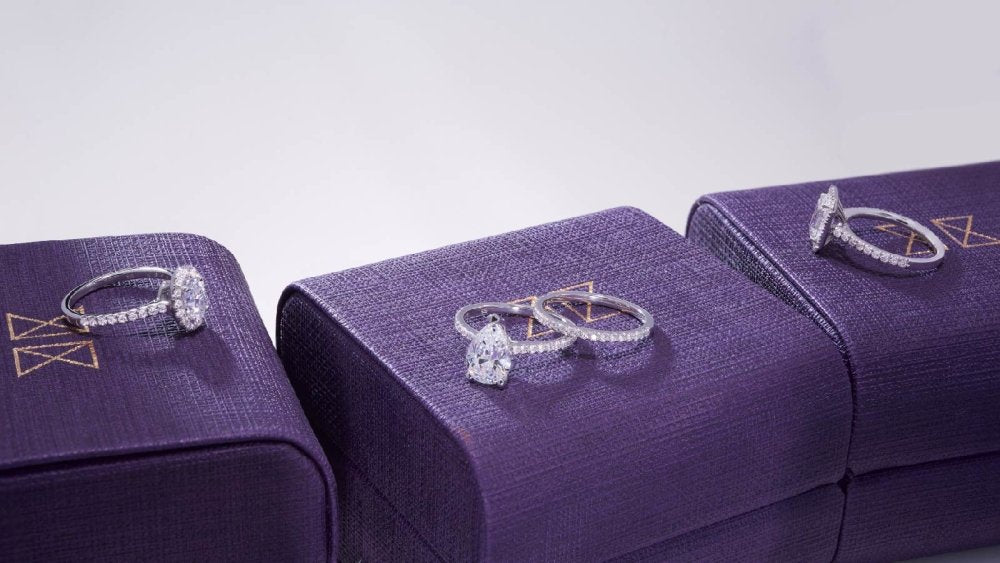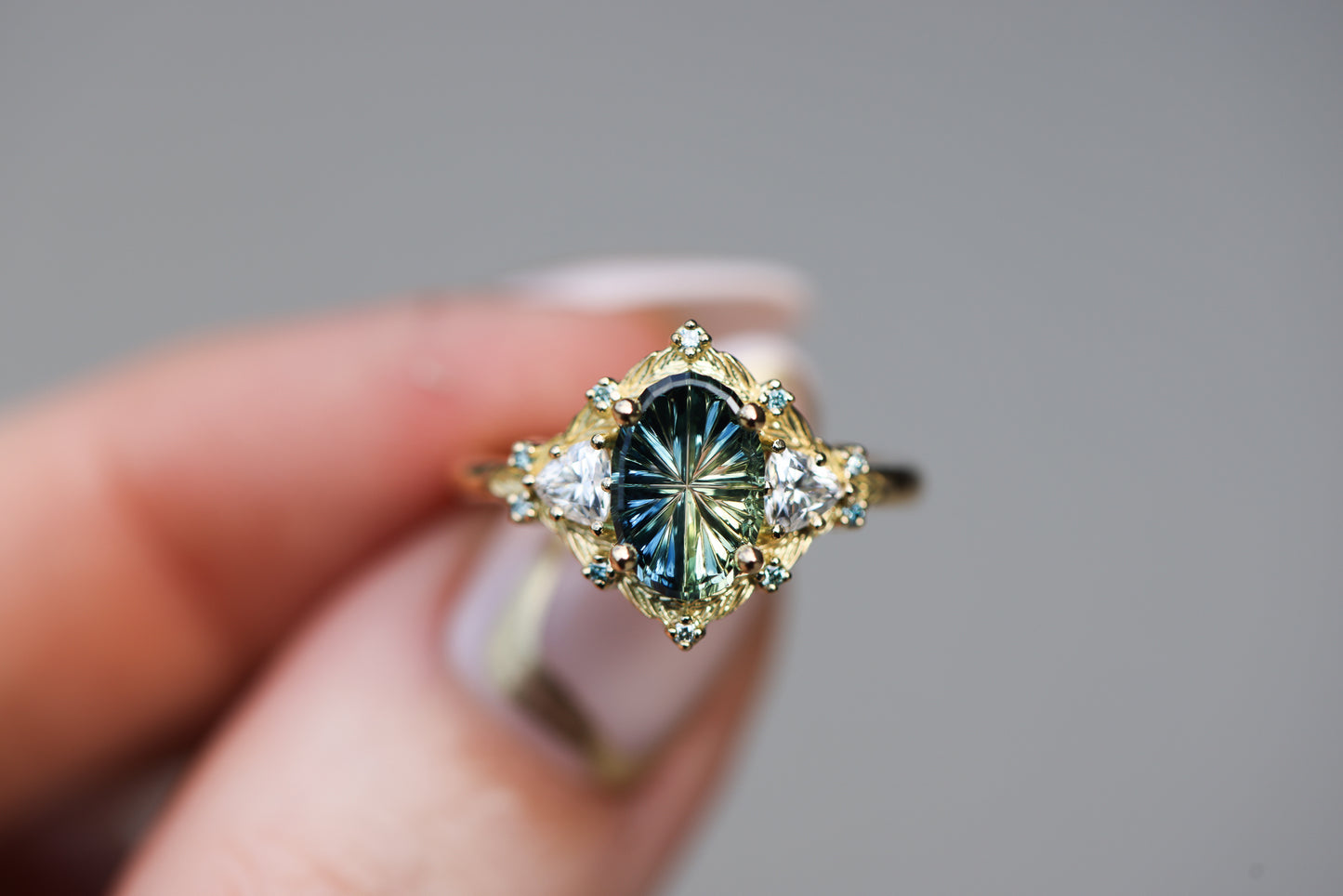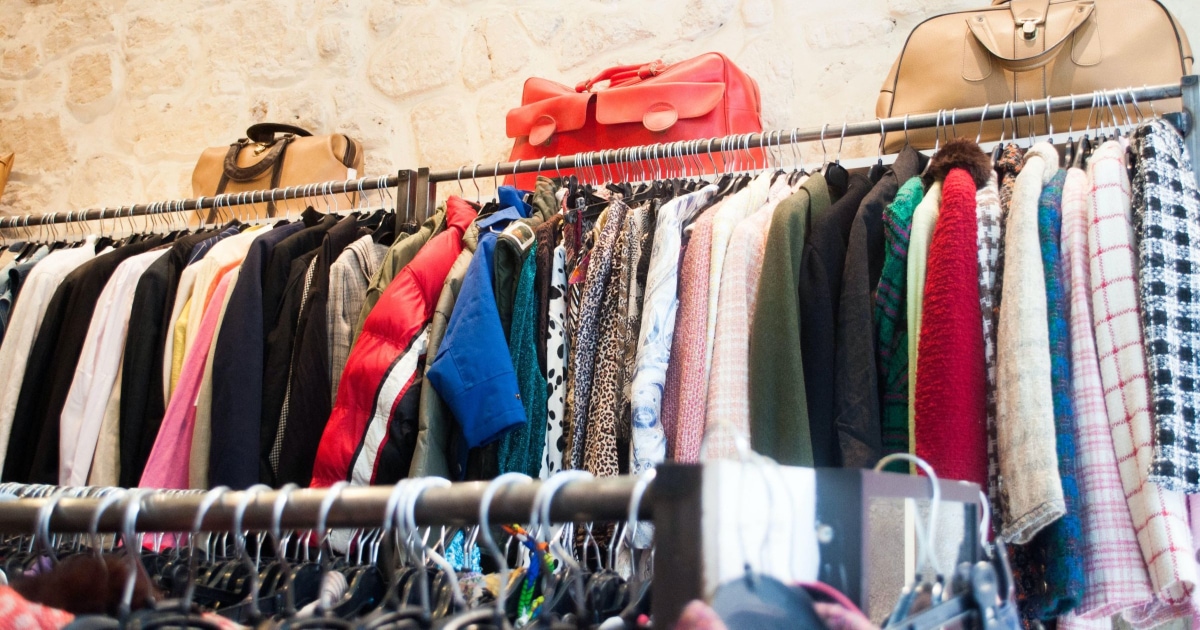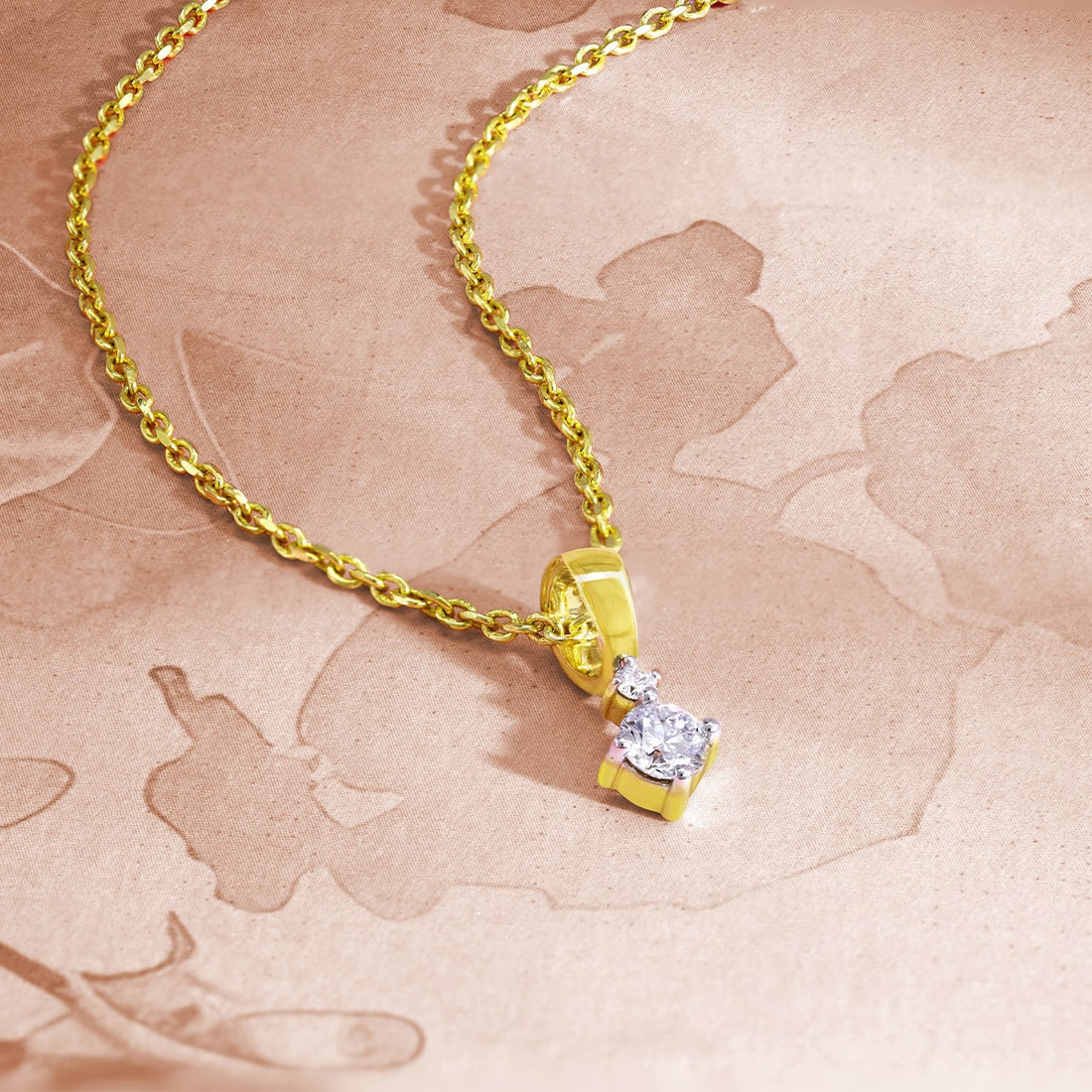White balance is very important in camera video or photography but for some reason, we have always taken it for granted, or maybe we don’t understand it well or in current trend let’s fix it in the post.
To understand white balance, we also need to understand color temperature. The human brain has a fantastic ability to understand color, no matter what kind of condition they use to see. They see white as white even it is the evening or day or night. Eyes see it or the brain decodes it what color is it. Unfortunately, cameras of all generation old, new and probably the one which is going to come in future, will not have the ability that human brains have. So it needed to tell the camera what is white and the camera then sees everything about that particular point. And that’s called White balance. In all possibilities, it was scientists, not the photographer who invented the term color temperature. They assigned the value of 5500 degrees kelvin.
Kelvin is the unit in which color temperature is expressed. It is the unit of temperature. 5500-degree Kelvin represents the color of midnon sun. The lower value represents the color warmer light (3200) and the higher value represents the color cooler light (7500).
How to white balance can be set:
In a modern digital camera, there is more than one way to achieve white balance and there are also a few other methods using the third-party product to achieve this or override this in-camera white balance. Getting the in-camera white balance is very critical and important. Much more critical for JPEG or TiFF shooters but not so much for the RAW shooter because it has that control while processing those images in his raw processing software. In shooting through the camera the further briefing will help you to get a perfect white balance. If we shoot in incandescent light and set the camera into the Auto mode of white balance.
If you’re not familiar with white balance settings yet, it’s pretty important to start learning about them. White balance is a photographic measurement of color temperature where it has to do with the difference between what the camera sees and the monitor or display you get. You may have experienced blue water when you view the sun through some stained glass, and when you view it through a smudge sensor. The difference between these two things is the camera sees blue as it really is, while the monitor or display reads it differently and displays it as though it were white.
The result will be normal as no warm colors. If we set the camera to incandescent light option so then the camera will behave as same. If we set the white balance manual by adding figures such as Incandescent light is warmer so the Kelvin temperature of warmer is 3200.
If we shoot at 3200 white balance, the camera will be the same as auto. The white balance video is shooted with different light segments such as this time with white light (day time) if we set the camera on auto, it will automatically set the light differently so that the light should look normal like daylight. As if we change it manually at 5500 kelvin the result will look a bit warmer a camera senses with the figure we entered. The camera can be fooled by instructing the different white balance scenario than usual. The camera will change the color temperature of the video. Color temperature is much more important in determining the right white balance for camera shooting. Right white balance can give the best results with appropriate light in shooting.
















:max_bytes(150000):strip_icc()/labgrownlede-2b7540f7f7404558a08f1a555862f3d3.jpg)